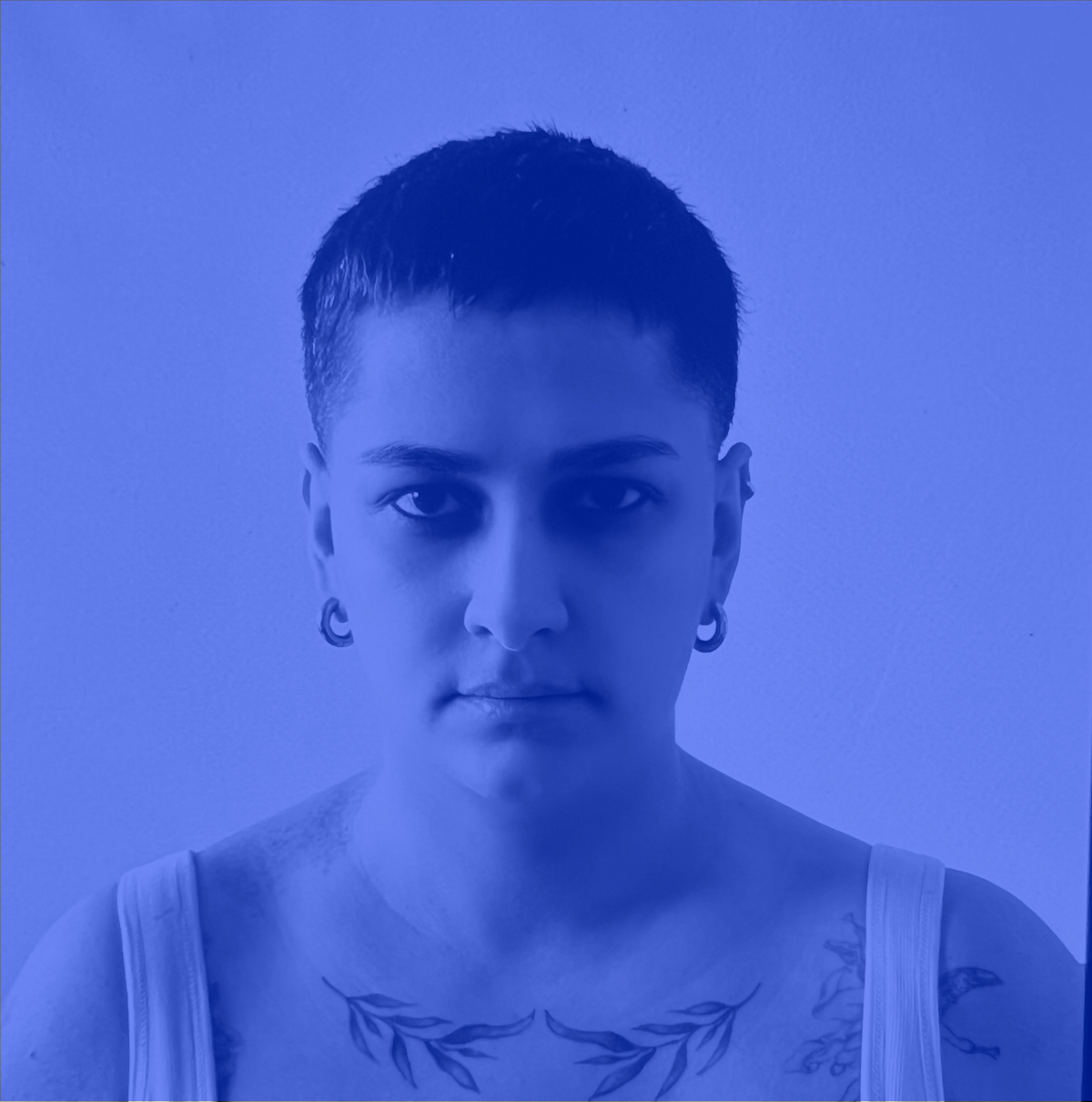Photo: Press (Nesa Azadikhah)
It is unlikely that Nesa Azadikhah gets much sleep these days. After ten years of running Deep House Tehran, she has ambituous plans for the platform that provides the Farsi-language world with updates on all things electronic music while also trying to foster more exchange between Iranian artists both in the country and the diaspora with the wider world. She also runs the Apranik label together with fellow DJ AIDA, is a member of the Peeleh collective and, after years of planning, has recently started her own imprint, Makhunik. Having left her native Iran and now residing in France, Azadikhah has also become more prolific as a producer in recent years, putting out both dancefloor-oriented music of different shades while also increasingly sharing more adventurous pieces of music. If all that wasn’t enough already, between international gigs she’s also regularly travelling to Tbilisi to play at TES as a resident DJ. Somehow, Azadikhah has still found some time to record a mix as a contribution to our Groove Podcast, too—one that will surely keep you awake as well.
2024 marks the ten-year anniversary of the founding of Deep House Tehran, the online magazine and platform primarily dedicated to electronic music from Iran and the diaspora that you started. Looking back, what were the biggest milestones in this past decade and what are your plans for Deep House Tehran in the near future?
The first sweet shock came when our SoundCloud and Instagram accounts amassed hundreds of new followers, I was not expecting that in a short time to be honest! Other surprising but amazing outcomes were the public events we hosted in art galleries in Tehran. To be performing legally gave us much hope, drive, and a constant goosebumps. The other thing is that we did and still offer news and education about electronic music from around the world in Farsi, which makes more accessible for my Iranian folks. Another one of my goals that I have successfully achieved was hosting showcases in countries around Iran, the Caucasus region, which brought visibility for Deep House Tehran. I’d rather not reveal our plans for the future in detail so everything will come as a surprise! I’m thinking about expanding the showcases to more international locations in Europe and USA, etc., and inviting and promoting Iranian artists alongside international artists as well as collaborating with other collectives and music platforms from around the world. It may sound like an easy thing to do, but being consistent is hard—so one of my biggest goals is to continue with all my Deep House Tehran projects in the the same way as before and to elevate them even further.
Together with AIDA, you founded the Apranik label in early 2023. Its inaugural release was the compilation Woman, Life, Freedom. Since then, another compilation, Intended Consequence, also put a spotlight on female producers and musicians from Iran and the diaspora. What was your motivation to found Apranik and what are your goals with the label?
With Makhunik, you have started your own label; the first release comes from Tehran-based producer and DJ Doci. What concept do you follow with this new imprint?
Besides all that, you also seem to be involved with the Stockholm-based Peeleh; a collective and label with a focus on Farsi-language rap. What is your role at Peeleh?
As a producer, you have only become more prolific in recent times, having recently contributed to compilations on labels like Kulture Galerie or Müstesna/Ransom Note while also putting out solo EPs such as recently the self-released Truth Will Out or Out of Sight Out of Mind for CoolKidz. What role does making music play in your life and what does your working process look like?
While most of your stand-alone releases offer dancefloor-oriented material, recent contributions to compilations on labels like Noise à Noise or Tehran Contemporary Sounds saw you take a more abstract approach with sound. What motivates you to also experiment with these more adventurous production techniques and aesthetics?
As a DJ, you are a resident at Tbilisi’s TES. How did that come about?
What was the idea behind your mix for our Groove podcast?
Last but not least: what are your plans for the future?
Stream: Nesa Azadikhah – Groove Podcast 415
01. a.s.o – Falling Under
02. Dj Ungel – Transpirits
03. Ike – Rose Quartz
04. Din – Stab
05. Audio Werner – tension
06. Elisa Bee – Boiling Point
07. Peverelist – Pluse III
08. PLLFRY – Overexciting (Feat Genoveva)
09. Principles of Geometry – Glower
10. Re-ni – Bursttrap
11. VØG – Holographic
12. Timo Rinker – RX Tx (Pino Peña’s Funky Shake mix)
13. Data Memory Access – Anthem
